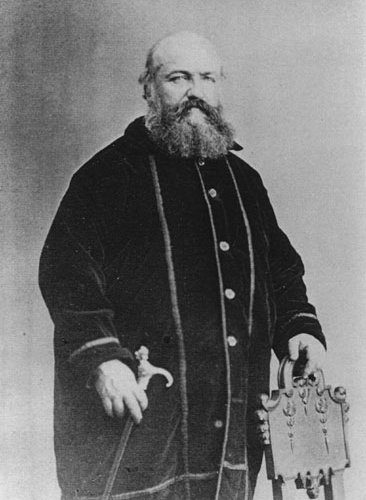
Ceremonial magician and one of the fathers of modern occultism: Éliphas Lévi Zahed, born Alphonse Louis Constant
One of the stories I like to tell when showcasing how I feel about the way occult practice is perceived even today is that of Éliphas Lévi’s visit to London in 1854. He went there to teach, but Lévi couldn’t really speak English so his ability to teach anything was limited. Much to his dismay, he was also expected to perform hocus-bogus magic to entertain his audience. When he was asked to conjure the spirit of the ancient magician Apollonius of Tyana, Lévi honestly admitted that he had never before attempted such a thing, nor was he truly into that sort of thing.
But after much persuasion, he accepted to at least try it. To prepare, he went on a vegan diet for 2 weeks, followed by another week of fasting. During this time, he used his imagination to project the experience of talking to the dead magician of ancient times. He performed the ritual itself in a so-called temple and after 12 hours of incantations, he got cold and uneasy. Of course, this may also have been caused by his fasting, but that’s not the point.
A spirit did manifest and touched the ritual sword he was holding. He felt a pain in his arm after which it went numb. He then felt extremely cold, frightened, and he fainted. He claimed that his arm was numb for days after that. However, he treated his experience in a subjective manner, but he was able to evaluate the power of magical ceremonies through it.
And he accurately deduced the importance of a strong and experienced psyche when it comes to ceremonial magic. Lévi was honest and did not hide behind the glamour of Spiritualism which was trending at the time. Nor did he dismiss the power of ceremonial magic, instead he used his experience to appreciate it. So, who exactly was Eliphas Lévi?
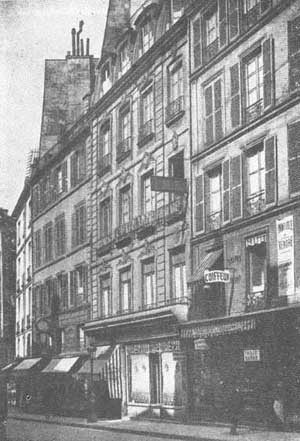
Birth house of Eliphas Lévi – No. 5 Rue des Fossés-Saint-Germain-des-Prés, nowadays Rue de l’Ancienne-Comédie.
Alphonse Louis Constant was born on February 8, 1810, in Paris, France as the son of a shoemaker. He began his studies to enter the Roman Catholic priesthood in 1830, but he gave up the collar in 1836. Some say it was because he wanted to become an occultist, while others say it was because he fell in love and simply abandoned the idea of the priesthood.
He later became known as Éliphas Lévi Zahed, the French ceremonial magician, and author of occult books. Alphonse claimed that Éliphas Lévi is a transliteration of his given name in Hebrew and whether or not that is accurate, the name evokes the powerful image of Baphomet as we know it today.
Although he is now mostly known for the books he has written since 1854, Lévi has published several others before that, such as La Bible de la Liberte (The Bible of Liberty) in 1841, La livres des larmes (The Book of Tears) in 1845, La testament de la Liberte (The Testament of Liberty) in 1848, and a few others. His work before Dogme et Rituel de la Haute Magie (Transcendental Magic, its Doctrine, and Ritual) in 1854-1856 served his radical socialism and his ideology that he described as communisme neo-catholique.
When he published The Bible of Liberty in 1841 he was even given a prison sentence of 8 months for his radical writing. It is suggested that Lévi became disillusioned with his ideology of the perfect universal, socialist order and that is why he turned to occultism after 1848. However, he might have just as well developed his occult system alongside his socialist and neo-catholic ideas.
After Dogme et Rituel, Eliphas Lévi went on to publish other occult books such as Histoire de la Magie (The History of Magic), La clef des Grands mystères (The Key to the Great Mysteries), and several others, out of which Le grand arcane, ou l’occultisme Dévoilé (The Great Secret, or Occultism Unveiled) was published after his death.
His magical system was marked by a confluence of socialist and magnetistic ideas, and his work especially reflects on three fundamental principles that have been influenced by Hermeticism, Kabbalah, and alchemy. The three fundamental principles of magic as identified by Lévi are:
- The material universe is an infinitesimal part of total reality. Total reality is a multiverse of planes, modes of consciousness, and it can only be comprehended and experienced through “astral light”. Astral light is a cosmic fluid which can be transmuted into physical forms by will.
- Will or willpower is a limitless force and it can transcend all boundaries.
- A human being is a microcosm, a scaled-down version of the macro cosmos. Both are linked and have the power to equally influence one another.
However, it is not his philosophy that he is best known for, but the image of the demon Baphomet as it is today. Baphomet, the deity that the Knights Templar were accused of worshiping, is a representation and symbolic form of the Absolute. It is dualistic in nature and embodies both male and female aspects of creation.
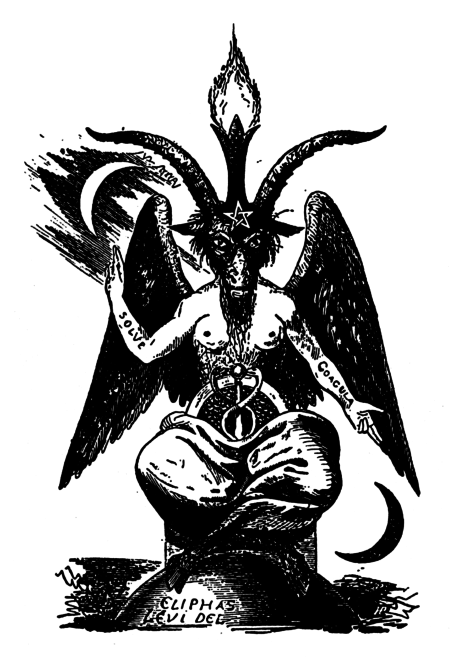
Baphomet as drawn by Eliphas Levi – Probably one of the most renown illustrations of modern occultism and model for major arcana XV in A.E. Waite’s Tarot (Rider-Waite)
Lévi depicted Baphomet as a winged goat-headed being with both male and female traits. The main ideas represented in his depiction of Baphomet are polarity (as expressed through the Hermetic concept: “As above, so below”), the unity of the four Platonic elements, and fertility. He has also invested the inverted pentagram with Baphomet’s qualities after being the first to separate the symbol of the pentagram into two different applications.
The inverted pentagram became the symbol of the macrocosm, Baphomet “the sphinx of the occult sciences”, while the upright pentagram, the Tetragrammaton, became the symbol of the microcosm, the symbol of men. This representation of Baphomet later became the Devil card in A.E. Waite’s popular Tarot deck.
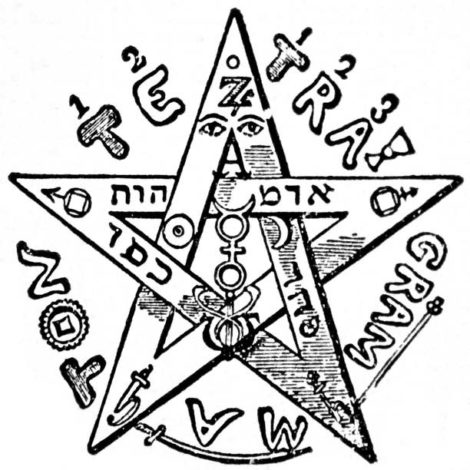
Eliphas Levi’s upright pentagram – the symbol of the microcosmos
Lévi’s first published treatise on ritual magic, Dogme et Rituel de la Haute Magie (1854-1856) established his position as one of the key founders of the 20th-century revival of magic. While throughout his life he was ostracized by the church for his heretical views, it is believed that he made peace with the church and passed having received his last rites.
Until his death on May 31st, 1875, Lévi made a living from his magical work, through the books he wrote and lessons that he taught. Not only was he popular in the 1850s Spiritualism movement, but his popularity continued to spread after his death as well.
Lévi’s work was and still is so appealing because of its naivety. He did not glamorize his work at all, instead, he approached the matters in a truly scholastic manner. He is also one of the more popular magicians at the time to incorporate Tarot cards into his system, which had a major impact on Western occult practice ever since.
He also had an impact on the Hermetic Order of the Golden Dawn that was founded in 1888 in London, which adopted much of his teachings. A former member of the order, Aleister Crowley, is known to have claimed at times to be the reincarnation of Lévi because he was born the same year that Lévi died.
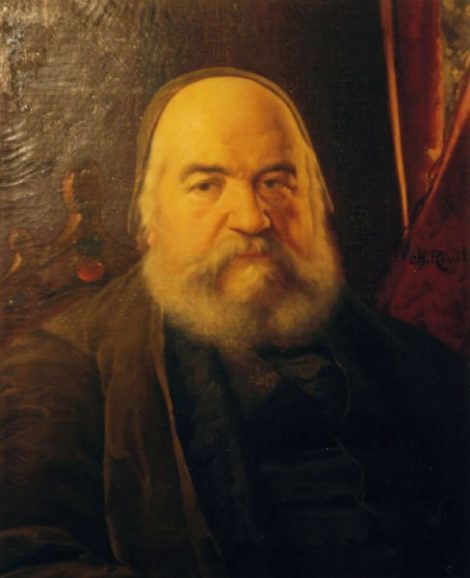
Eliphas Levi 1874 , one year before his death. He left no less than 148 books behind, but his influence is going much further. The vast majority of modern occult literature rests on ideas spread by Eliphas Levi and his followers, such as Hermetic Order of the Golden Dawn – which was heavily influenced by Levi’s writings.

www.NettlesGarden.com – The Old Craft


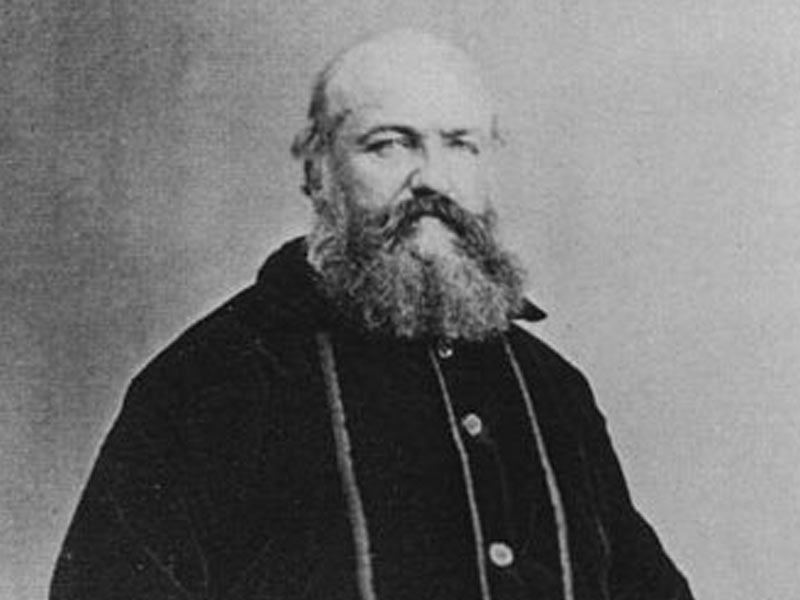
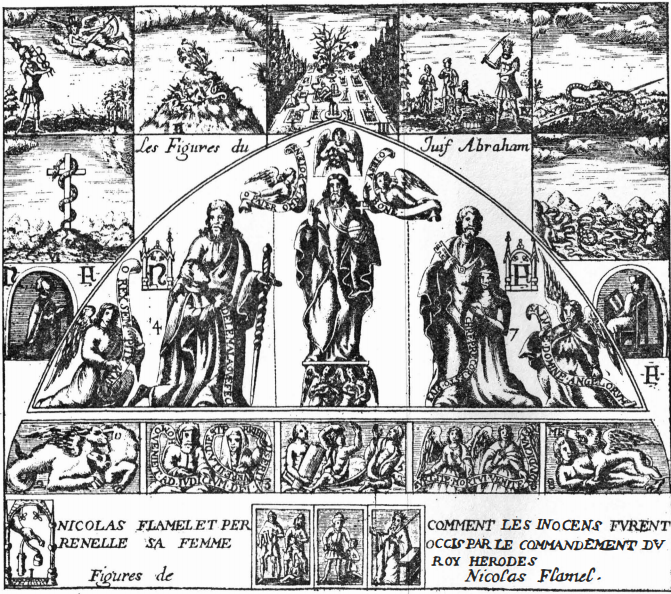
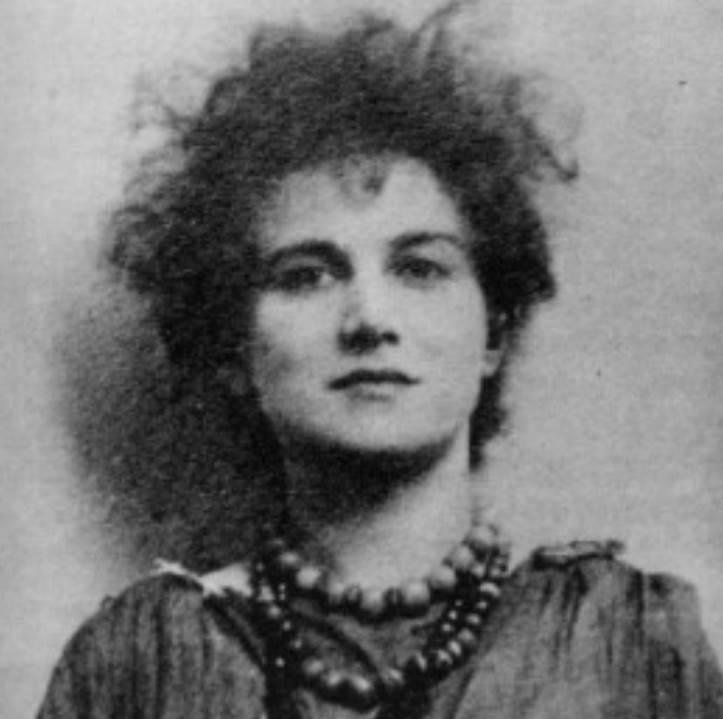
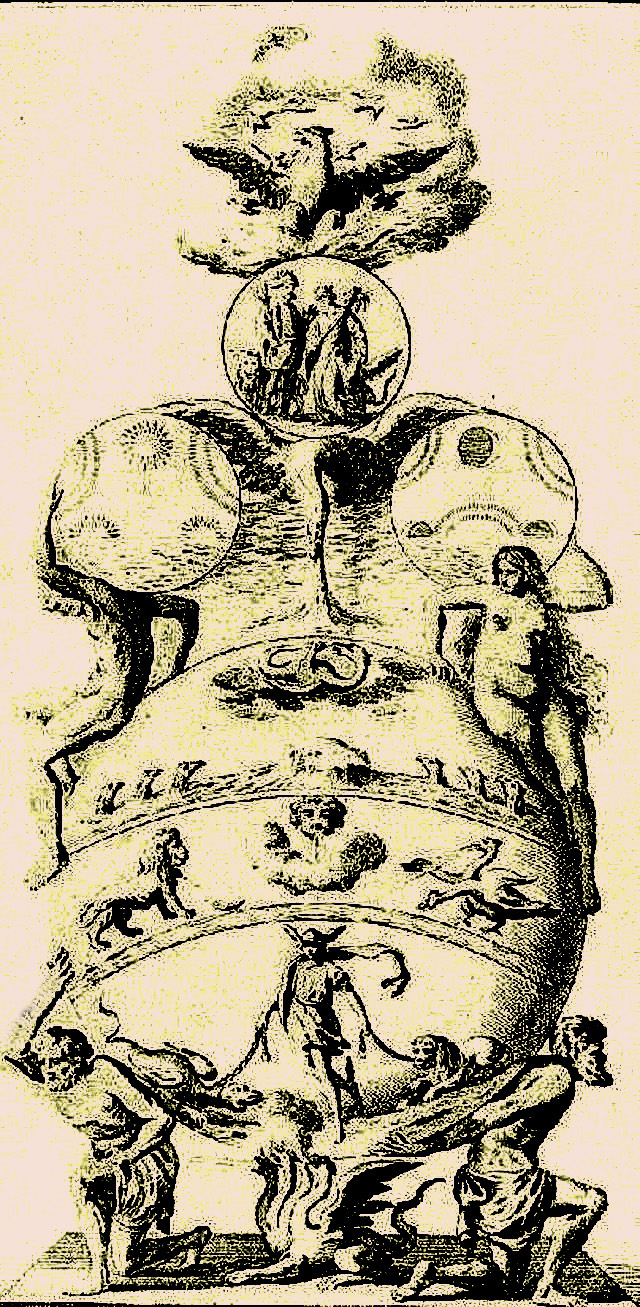
Knight Kadosch | February 18, 2018
|
Congrats, I just discovered your page and feel delighted about it! The articles are well written and the references to other authors or writings are pertinent. You are no beginners, that’s for sure 🙂
Thus, I find your page as a welcomed new breed. Keep up the good work , it would be nice to also see some articles about initiatic orders or on sensitive subjects.
Radiana Piț | March 3, 2018
|
Thank you! We appreciate your kind words. Make sure you subscribe to our monthly newsletter to keep up with our articles, we’re positive you’re going to enjoy them!
Rikard | August 9, 2019
|
Great essay!! One thing that has really bothered me about Mr. Levi’s writings is the fact that as far as I know he never mentioned Dr. John Dee or his enochian escapades. Why??? Wouldn’t he put it in transcendental magic, or history of magic? Makes no sense. He leaves out the most important event in all of ceremonial magic? Hmm. Great site!